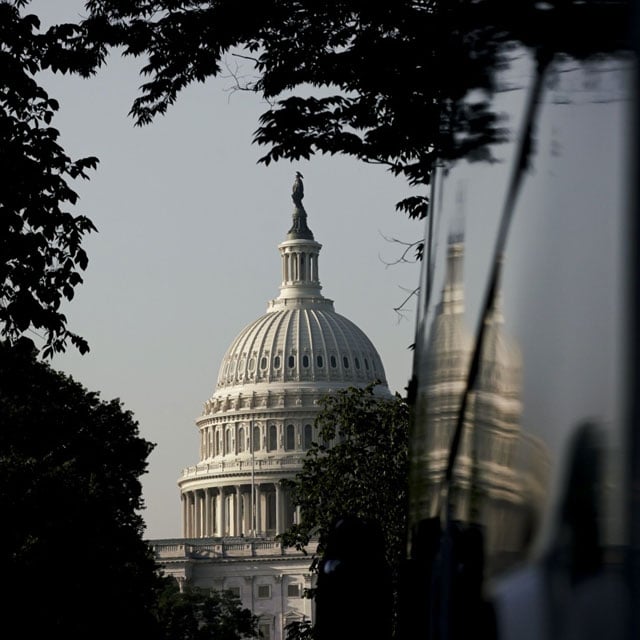New Bill Would Force Vote on Acting DOL Secretary's Nomination

By contrast, Cassidy said, “the Federal Vacancies Reform Act creates ‘a clear and exclusive process to govern the performance of duties of offices in the Executive Branch’ and sets a time limit of 210 days that an individual can perform the role of a cabinet-level position” without Senate confirmation.
The legislation “reins in the DOL succession statute and would prevent Ms. Su and future Secretary of Labor nominees from serving in an Acting Secretary capacity past 210 days, the normal standard for all cabinet-level nominees under Federal Vacancies Reform Act,” Cassidy maintains.
On March 21, according to Cassidy, “Biden’s Labor Department transmitted a submission to the Government Accountability Office (GAO) stating that Su is serving as Acting Secretary of Labor, not under the Vacancies Act, but under 29 U.S.C. § 552, a DOL-specific succession statute, which allows the Deputy Secretary to perform the duties of the Secretary of Labor.”
Since the DOL succession statute “does not have a time limit, DOL’s decision to use its authority under 29 U.S.C. § 552 is an attempt to protect Su’s ability to potentially serve as Acting Secretary in perpetuity, even if she is unable to secure the votes required for Senate confirmation,” Cassidy said.
Image: Bloomberg






